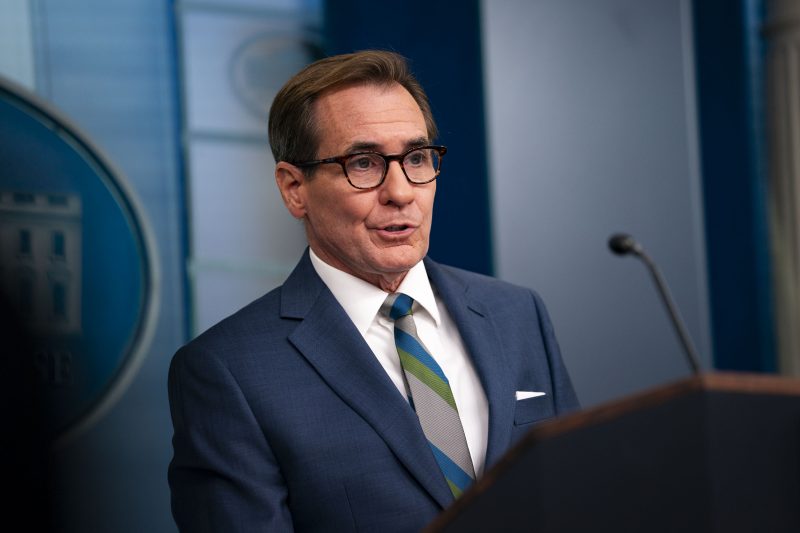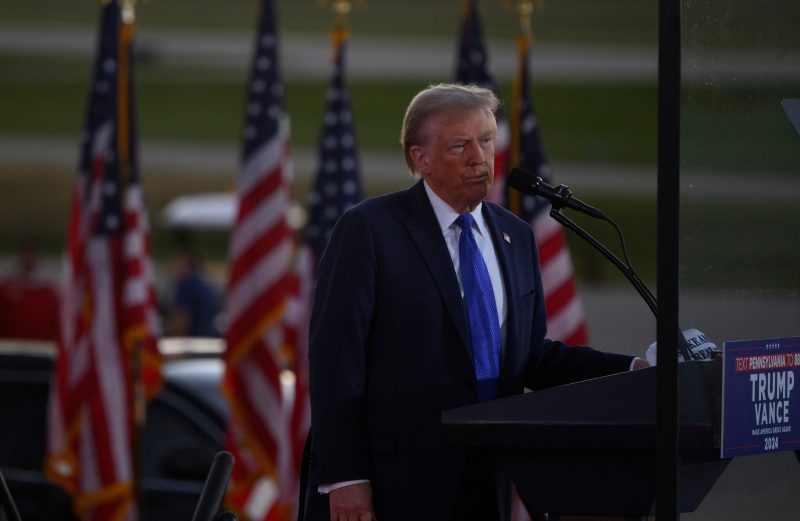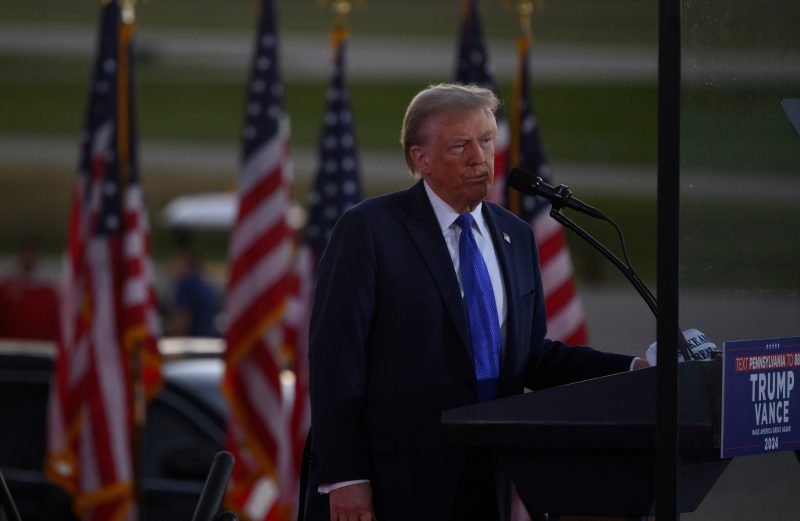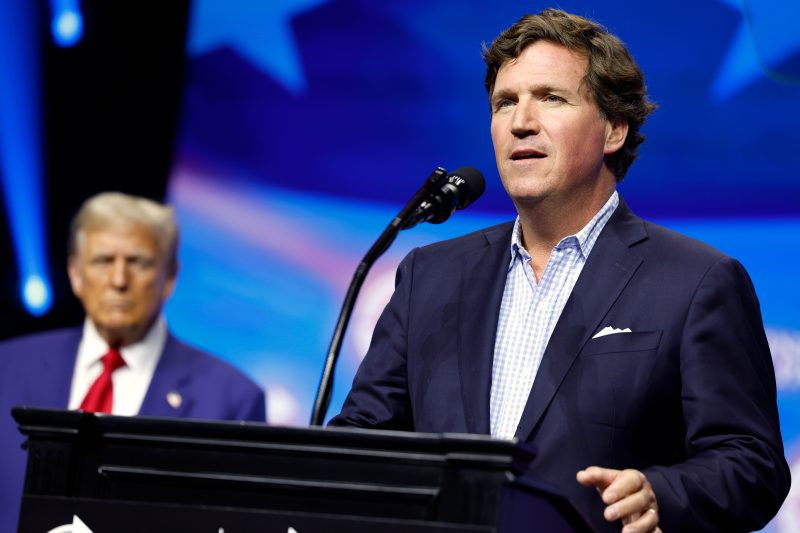
Strikes on Hamas, Hezbollah leaders ‘don’t help’ cease-fire talks, U.S. says
The White House on Wednesday deflected questions about reports that an Israeli operation was responsible for killing Hamas leader Ismail Haniyeh in Tehran overnight, but called the dramatic development unhelpful to efforts to secure a cease-fire in Gaza.
Israel has not claimed responsibility for the death of Haniyeh, who was in Tehran for the inauguration of the newly elected Iranian president. But Prime Minister Benjamin Netanyahu said Wednesday that Israel had dealt “crushing blows” to both Hezbollah — in a Beirut airstrike Tuesday that killed a senior official of that group — and to Hamas.
During a news briefing at the White House, National Security Council spokesman John Kirby said he could not “confirm or verify” claims by Iran and Hamas that Israel was to blame for Haniyeh’s slaying. He also declined to speculate on what effect the two men’s deaths would have on ongoing Gaza cease-fire and hostage-release talks, although he acknowledged that “these reports over the last 24 to 48 hours certainly don’t help. I’m not going to be Pollyannish about it.”
The latest round of cease-fire talks, in Rome, were suspended earlier this week after Israel presented new demands. Haniyeh, as the political leader for Hamas, was the group’s chief negotiator for the release of hostages and a cease-fire and was seen as a moderating force on Hamas military leader Yehiya Sinwar.
Secretary of State Antony Blinken, traveling in the Far East, said early Wednesday that the killing of Haniyeh was “something we were not aware of or involved in.” To some extent, the U.S. response has been restrained by Israel’s unwillingness to publicly confirm or deny its involvement.
But the Biden administration is also acutely conscious of the possibility for escalation of the broader Middle East conflict and the likelihood that Iran will respond to what it has charged was an Israeli attack.
“We’re obviously concerned about escalation,” Kirby said, although “we don’t believe that it is inevitable.”
Just days ago, senior administration officials had declared concerns about escalation to be “exaggerated.”
A senior Arab official, speaking on the condition of anonymity about the sensitive issue, said that no Iranian response was expected at least until after Haniyeh’s funeral, which is scheduled for Friday in Doha, and the three days of mourning that will run through Sunday.
“You’ve seen the comments” by Iran’s supreme leader, Ayatollah Ali Khamenei, Kirby said. Khamenei said in a statement reported Wednesday by state-run media that Israel had “paved the way for a harsh punishment to be imposed on it.”
“I’ll certainly not speculate about whether and to what degree Iran does anything. What I can tell you is we have and will maintain a level of readiness to preserve our national security interest in the region,” Kirby said.
“We don’t want to see an escalation, and everything we’ve been doing since the 7th of October,” when the Gaza war began with Hamas’s invasion of Israel, “we’ve been trying to manage those risks,” he said. “Those risks go up and down every day. They are certainly up right now.”



